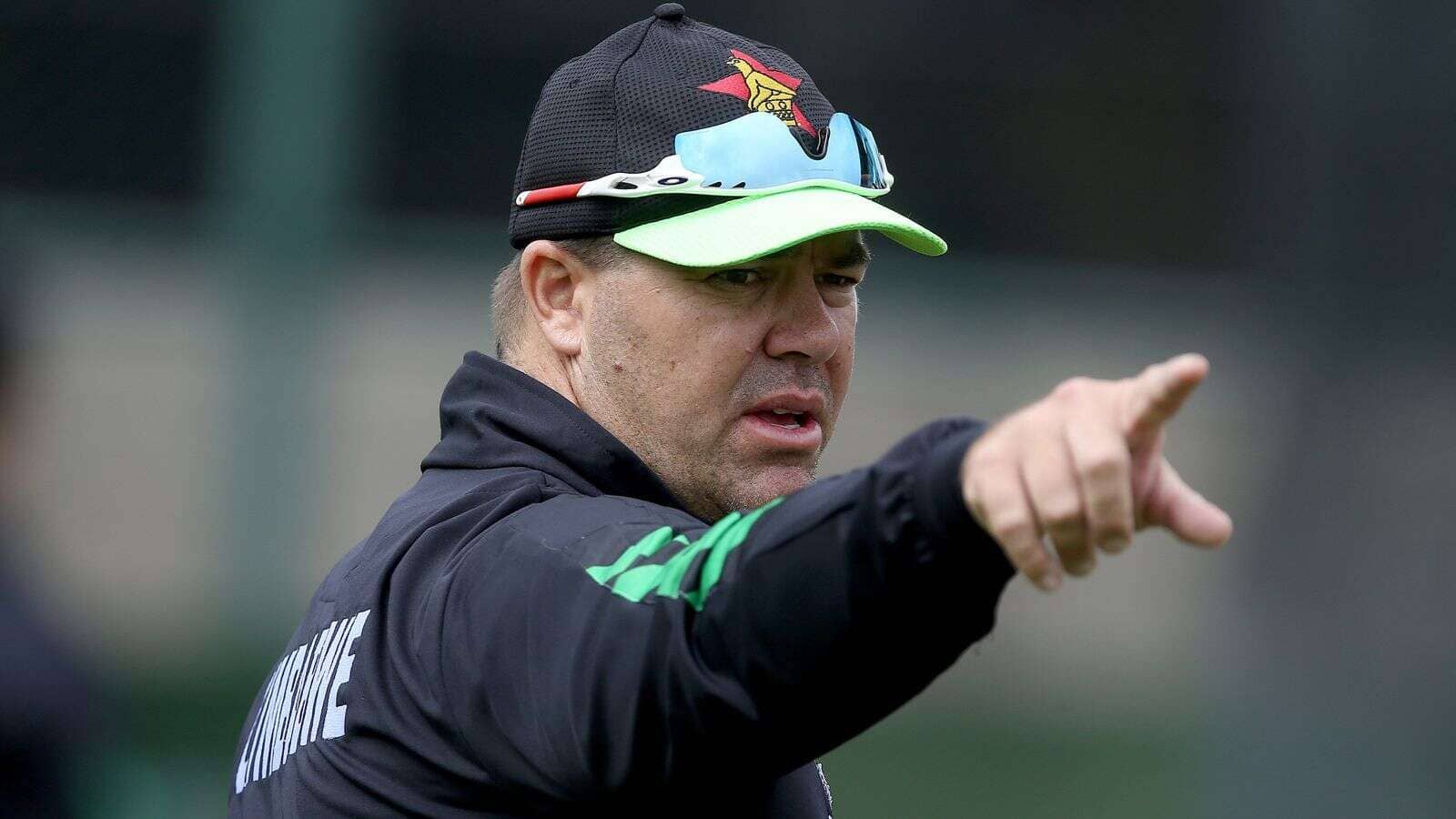
“In the early hours of this morning, Sunday 3 September, the greatest love of my life and the father of my beautiful children, was carried to be with the angels from his home where he wished to spend his last days surrounded by his family and closest loved ones,” Nadine Streak wrote.
Streak was an outstanding fast bowler and capable batsman. He was a key member of Zimbabwe teams that were competitive against cricket’s bigger nations in the late 1990s and early 2000s.
His cricket career ended in ignominy, however, when he was banned for eight years for breaching the International Cricket Council (ICC) anti-corruption code.
It was announced in May this year that Streak was seriously ill — and it was reported in August that he had died, following a message on social media from former teammate Henry Olonga.
Streak himself was quick to assert that he was still alive, but not before numerous tributes by former teammates and opponents.
A strongly-built fast bowler, able to extract movement from unhelpful pitches, Streak took 236 wickets at an average of 28.14 in 65 Test matches.
No other Zimbabwean has taken more than 80 Test wickets.

He made 1,990 runs at 22.35 in Tests to stand seventh on the country’s all-time list. His highest score and only century was 127 not out against the West Indies in Harare in 2003.
Streak took 237 wickets — 104 more than his nearest rival – and scored 2,901 runs in 187 one-day internationals.
He often battled almost alone for his underdog nation against powerful opponents.
His best Test bowling performance was typical. He took six for 73 while India piled up a total of 366 on the way to a 10-wicket win in Harare in 2005.
Streak had two spells as Zimbabwe captain, interrupted by a dispute with Zimbabwe Cricket in 2001 over pay and racial quota issues.
The highlight of his four wins in 21 Tests as captain was Zimbabwe’s first Test victory against India, in Harare in 2001.
He took seven wickets in the match — dismissing Sachin Tendulkar in both innings — and scored 40 runs in the first innings.
He led Zimbabwe in 68 one-day internationals, including the 2003 World Cup in southern Africa when Zimbabwe reached the Super Six stage.
He was sacked as captain in 2004 at a time of upheaval in Zimbabwe cricket when 15 leading players rebelled against the administration.
This, in turn, led to a much-weakened team temporarily losing their Test match status.
He retired from international cricket in 2005.
CLICK HERE TO JOIN OUR WHATSAPP GROUP
CLICK HERE TO JOIN OUR WHATSAPP GROUP
CLICK HERE TO JOIN OUR WHATSAPP GROUP
Advertise with the mоѕt vіѕіtеd nеwѕ ѕіtе іn Antigua!
We offer fully customizable and flexible digital marketing packages.
Contact us at [email protected]
















